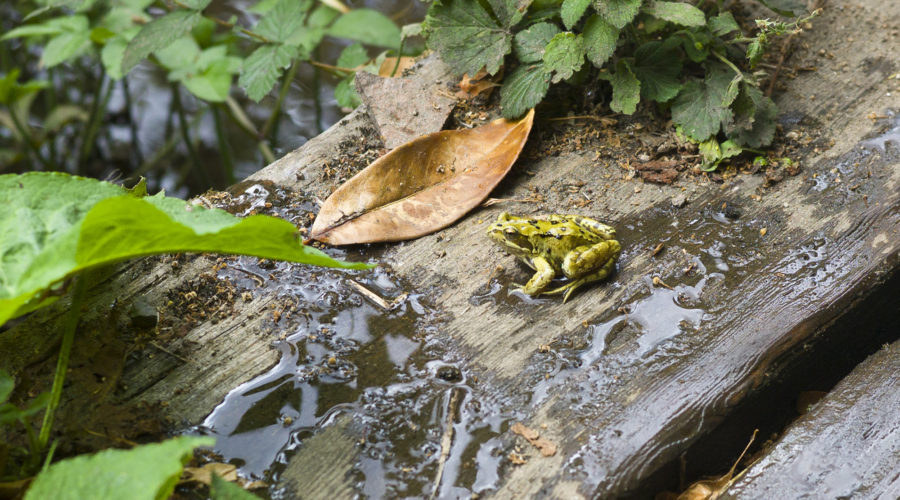Across 3,000 acres of beautiful nature in Lincolnshire of Outstanding Natural Beauty, the South Ormsby Estate is home to an ecosystem of diverse plant and animal life.
The estate team is passionate about conservation and habitat management to protect the many species that live and grow here.
The Wolds have a distinctive landscape which has been gently shaped by nature and humankind for more than ten thousand years to create a haven for a wide range of plants and animals.
Visit our volunteering page to find out how you can help us protect and improve the natural environment and support our wildlife.
To find out more about the flora and fauna of the Wolds, visit Lincolnshire Wildlife Trust and Lincolnshire Wolds AONB.
Rare Breeds
Lincoln Red cattle are a part of our history. They’re beautiful animals with vividly coloured, fluffy coats and people in Lincolnshire are rightly proud of them. Lincoln Reds are listed as vulnerable by the Rare Breeds Survival Trust and the original population are even rarer.
We’re using sustainable practices to support the growth of what is now one of the largest herds of original population Lincoln Red cattle in the world.
Lincoln Reds Lincoln Longwools Lincolnshire Buff Chickens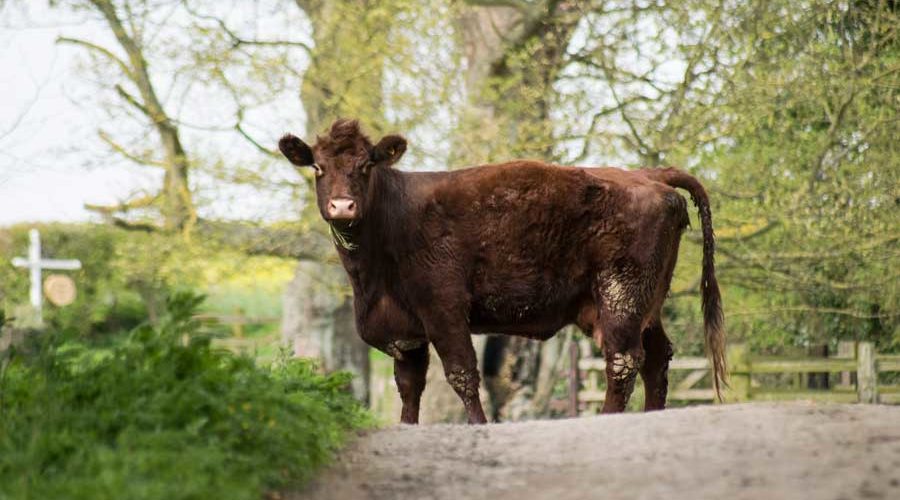
Wildlife
As well as our herd of original population Lincoln Red cattle, the South Ormsby Estate is home to a wide range of animals.
Kingfishers, swallows, skylarks, grey partridges, yellowhammers, grey herons, and barn owls can often be spotted in the skies over South Ormsby Estate.
Eagle-eyed spotters might also catch sight of a few otters, marbled white butterflies and brown hares.
Owls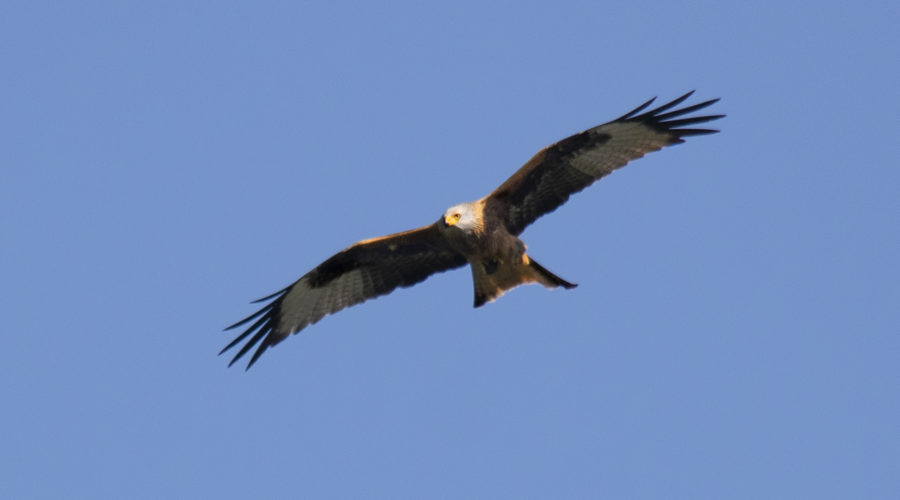
Trees
Oak and ash are one of the most common species across the Wolds, with smaller species like hazel, blackthorn and hawthorn often creating a lower level beneath the canopy.
Many of the trees on the estate and historic parkland were planted by the Massingberd-Mundy family to carefully create an idyllic setting for South Ormsby Hall.
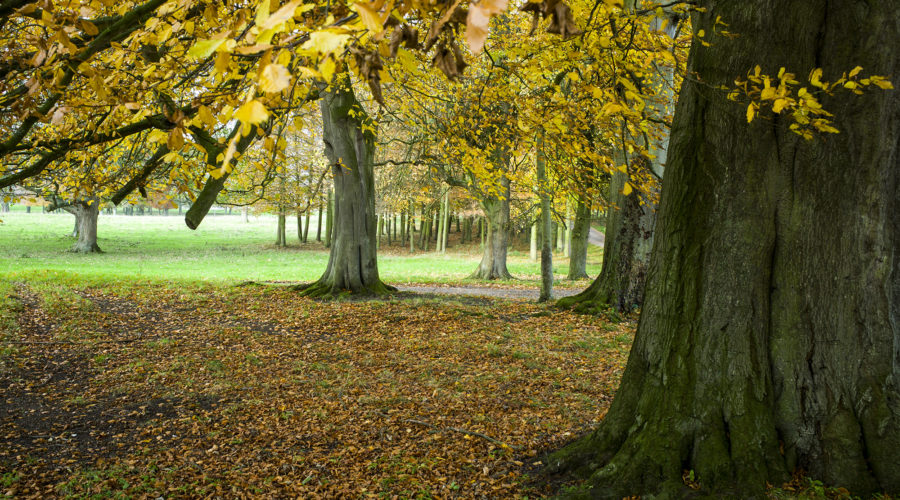
Flora
Beneath the copy of the trees, bluebells and purple orchids can often be spotted in the spring as well as honeysuckle in the summer.
Between April to June, carpets of woodland flowering plants come into bloom while grassland and roadside verges boast a wide range of flowering species. Keep an eye out for flag irises, moschatel, bugle, oxeye daisies and more as you explore the estate.
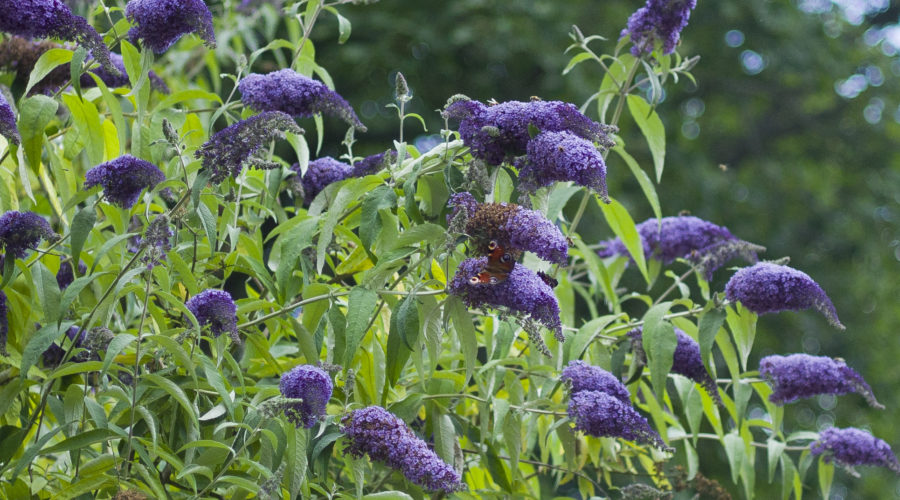
Farming and Agriculture
Farming and agriculture is the foundation of South Ormsby Estate’s local economy, with a wide range of crops, livestock and farming businesses in the area.
As South Ormsby Estate works to create a brighter future for the local area by supporting the growth of a modern and dynamic rural economy, agriculture and agribusiness is a fundamental part of our vision.
To meet future challenges, fluctuations in the British economy and price volatility, the Estate is supporting innovation and diversification of existing agricultural business and creating an environment where farms and rural businesses can flourish.
Through its farming businesses, including Massingberd-Mundy Lincoln Red Beef, the Estate is playing a key role in supporting traditional rural business. The Estate also supports other growers and producers by creating a better economic and trading environment and by offering support and training initiatives.
Sharing best practice and agricultural diversification are important parts of creating a sustainable and profitable environment as is the development of field-to-table business models.
Agriculture plays an important role in protecting the area’s natural beauty, character, heritage and biodiversity and this is supported by an Estate-wide biodiversity plan and conservation activity.
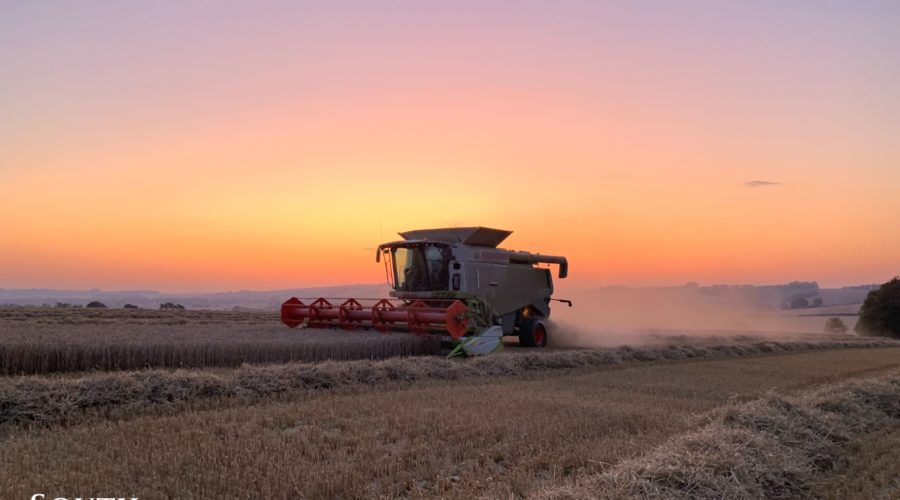
Supporting agricultural business
South Ormsby Estate aims to create the best possible conditions for businesses to thrive while supporting jobs and livelihoods. Because a healthy and sustainable economy is built on diversity, the Estate is helping a wide range of businesses to establish themselves in the area and is helping existing businesses to explore new opportunities.
Through rural skills training as well as business support, the Estate is helping farming businesses become more profitable and is creating a better economic environment for farming and agriculture.
As well as offering skills training and education, the Estate offers rural businesses, including farms business support and advice to help them improve productivity and become more profitable.
Going forward, the Estate aims to add value to produce grown in the area through high-quality food processing and by supporting the sale of produce locally to reduce food miles, protect the environment and create a stronger connection between growers and consumers.
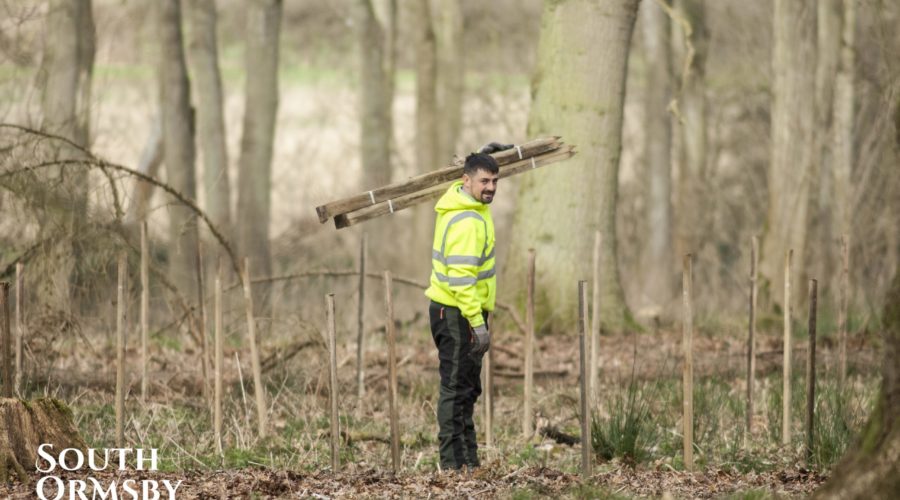
The role of agriculture and the environment
Looking after the natural environment is a priority for South Ormsby Estate and agriculture plays a crucial role in its protection and conservation.
Nothing has a greater impact on the natural environment than farming which is why we help farms and farming businesses to do everything possible to protect and enhance the environment.
With an Estate-wide Sustainable Development Strategy and Biodiversity Management Plan, South Ormsby Estate contributes to the overall environmental sustainability of the local area through a wide range of environmental actions.
The Estate is dedicated to enhancing, creating and protecting wildlife habitats which are managed with care and diligence.
The Estate supports responsible water use and is committed to water recycling and the management of chalk streams. Meanwhile, drainage is to be improved across the Estate to protect the environment and prevent damage to water sources, flora and fauna.
Renewable energy generation, energy conservation and carbon emission reduction techniques are to be introduced across the Estate and noise, air, water and light pollution is minimised.
As custodians of the area, South Ormsby Estate is passionate about protecting the natural world and we support and encourage responsible farming that prevents and offsets pollution, supports biodiversity and protects habitats while using energy and resources responsibly.
